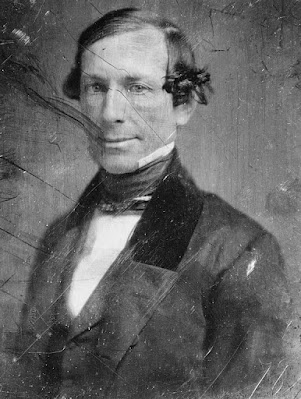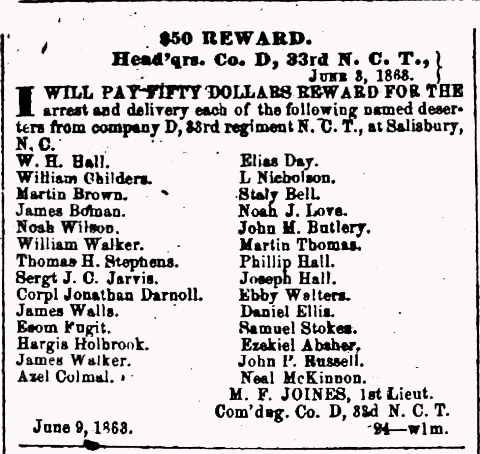New York City Votes on Secession -December 1860

New York City Will Also Secede! New York City banks and other businesses were so entwined with Southern cotton planters, Mayor Fernando Wood persuaded the New York City Council to vote on seceding from the state of New York and the United States in December, 1860. NY City Mayor Fernando Wood circa 1855 Mayor Fernando Wood, January 6, 1861 A statement by the mayor published in New York newspapers "Much, no doubt, can be said in favor of the justice and policy of a separation. It may be said that Secession or revolution in any of the United States would be subversive of all Federal authority, and, so far as the central Government is concerned, the resolving of the community into its original elements - that, if part of the States form new combinations and Governments, other States may do the same. Then it may be said, why should not New York City, instead of supporting by her contributions in revenue two-thirds of the expenses of the United States, b...


